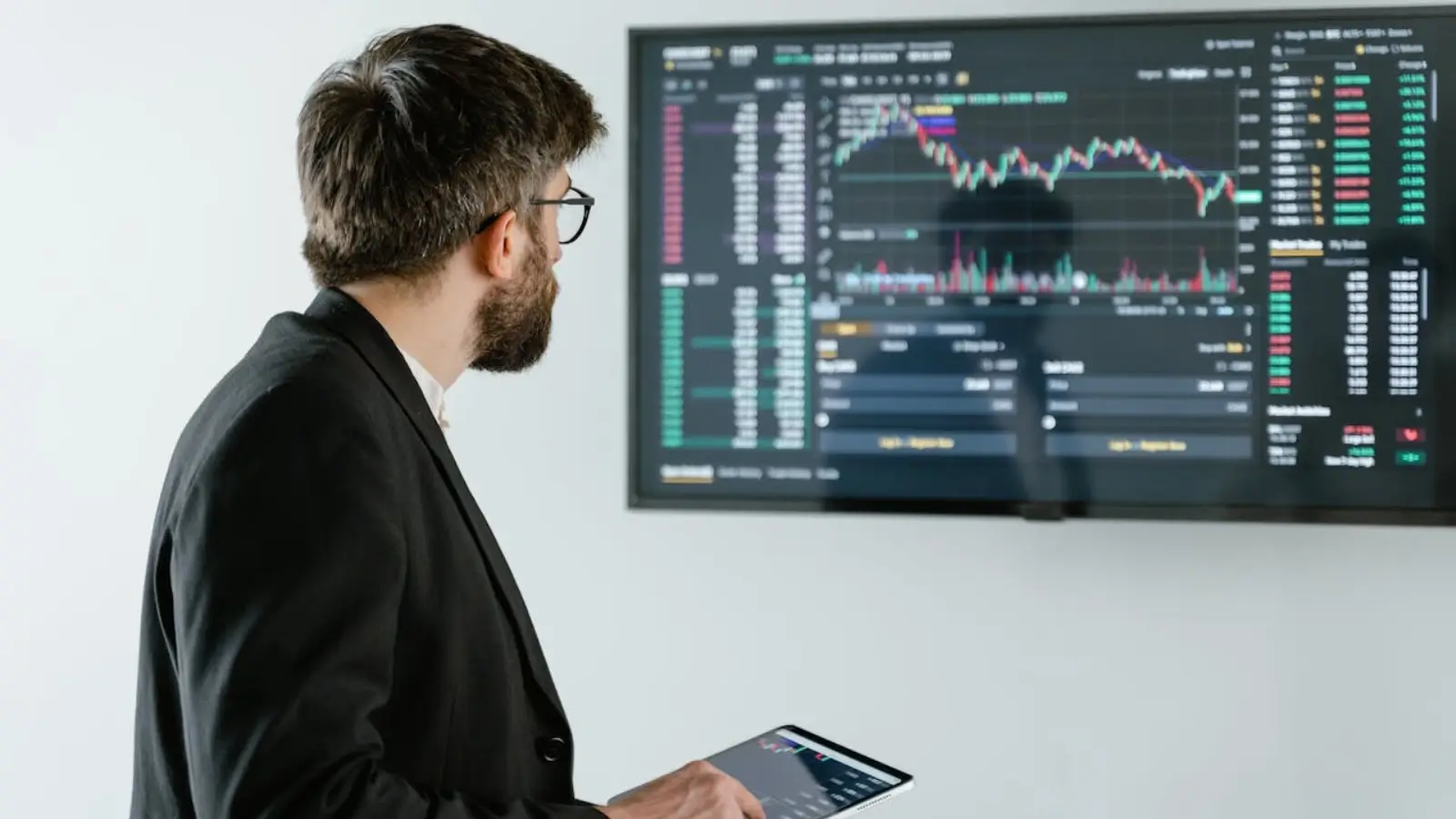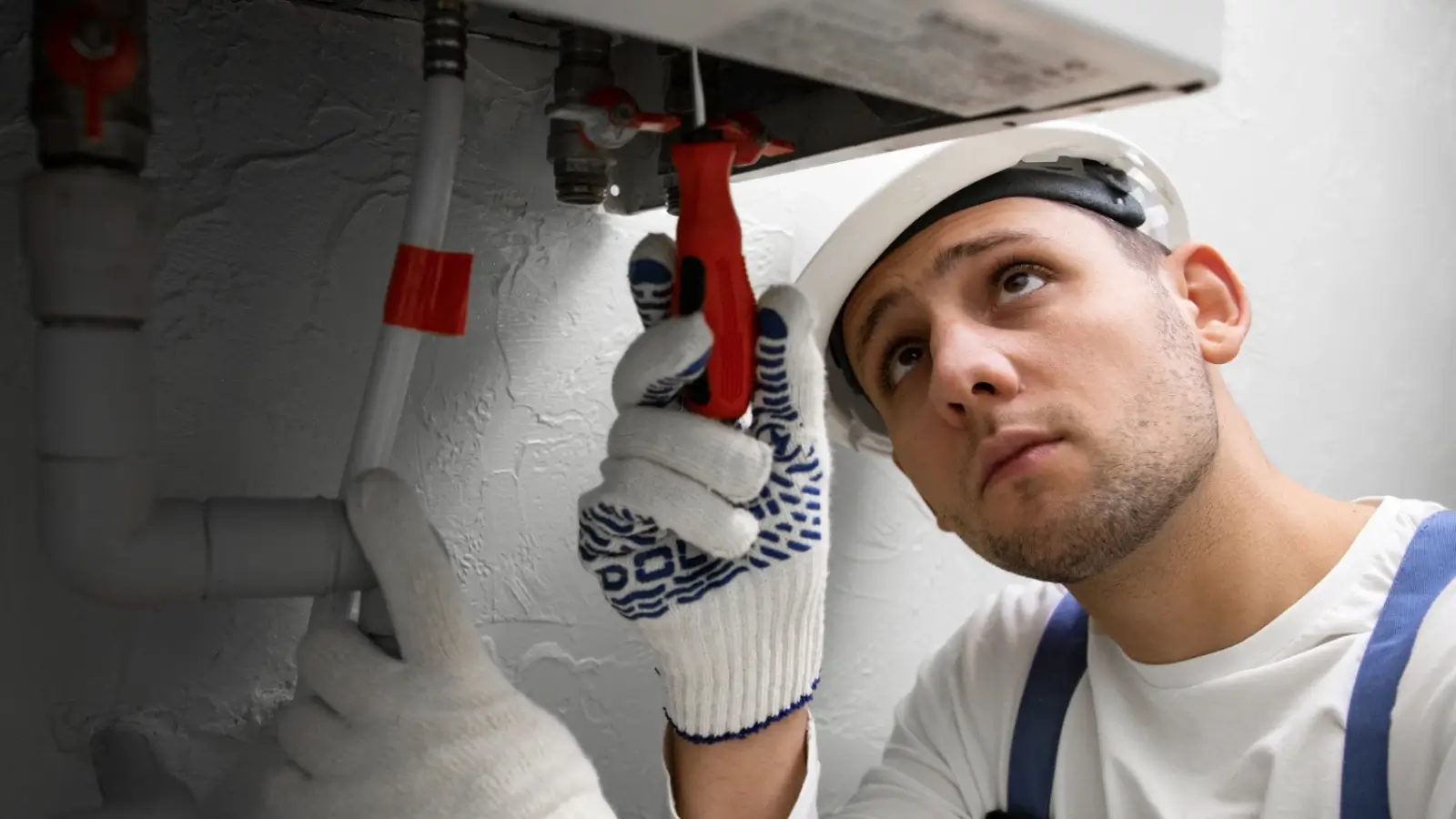


In every home, a reliable hot water system is something you quickly miss when it fails. Whether you’re in Adelaide or Sydney, knowing that you’ve got a trusted local expert on call gives peace of mind. This article is written from the perspective of a seasoned tradesperson, offering clear advice in plain British English on how a local Plumber Adelaide can expertly handle hot water system repairs. We'll also touch on how services in Plumber Sydney compare, so you have a broader view of the landscape.
When you engage a local Plumber Adelaide, they understand the specific conditions that affect hot water systems in South Australia — from installation standards to common faults. A local tradesperson knows the common makes and models used in the region, the most effective repair strategies, and any regional compliance issues.
While Plumber Sydney professionals might work to similar high standards, a local Adelaide specialist will have the advantage of faster call‑out times and local stock of parts.
A broken hot water system is more than just an inconvenience; it affects your entire household. Local plumbers are typically able to respond quickly. Faster response means less time without hot water, less stress, and often less damage or inconvenience.
Hot water systems involve gas, electrical or solar components (depending on type). A local Plumber Adelaide is well versed in regional regulations, licensing and safety requirements. Using someone uncertified (or outside your region) may lead to issues with warranty, insurance or compliance.
Before diving into repair steps, it’s useful to understand the main types of hot water systems a local plumber will encounter.
These are common in many homes — a tank heated by electric elements, storing hot water for use. Problems can include element failure, thermostat faults, or tank leaks.
In many Adelaide homes you’ll find gas‑fired systems (instant or storage). Issues here often involve pilot light problems, burner blockages or flue faults.
More energy‑efficient options: solar panels or heat‑pump units to assist hot water. While less common than standard tanks, a local plumber familiar with them can service or repair.
These heat water on demand and don’t store it. Repairs might involve flow sensors, gas supply issues or scaling in the unit.
When you engage your local Plumber Adelaide, they’ll start by identifying which type you have — this guides the diagnostic approach.
The first step is a complete inspection. A competent plumber will:
Ask you about the symptoms: no hot water, only lukewarm water, uneven heating, strange noises, leak from tank, etc.
Visually inspect the system: check for corrosion, leaks, obvious failures of elements or gas burners.
Test key components: for electric systems, testing elements and thermostats; for gas systems, checking pilot lights, valves, and flue; for solar systems, inspecting collectors, pumps and controls.
By performing this detailed initial inspection, the plumber ensures they understand the root cause rather than just treating symptoms.
Often, the question is whether to repair or replace the system. Your local plumber will explain:
The age of your system (many tanks last 10‑15 years depending on care).
The cost of repair parts vs cost of a new unit.
The availability of replacement parts.
Energy efficiency improvements with upgraded systems.
A helpful local Plumber Adelaide will walk you through the options, rather than simply replacing parts without your knowledge.
Once the decision is made, here's what a local plumber will do:
For electric systems: remove and replace the faulty heating element or thermostat; check and repair any tank leak; flush out the tank if there is sediment.
For gas systems: service the burner, clean or replace pilot assembly, check gas supply and pressure, ensure proper flue handling and ventilation.
For solar/heat‑pump systems: check the pump, controller, solar collectors or heat exchanger; repair or replace faulty components; ensure the impact on the storage tank is addressed.
Testing & commissioning: after repair, the system will be refilled (electric), set to appropriate temperature, tested under load, and checked for leaks or faults. The plumber will leave you with advice on safe temperatures and ongoing care.
Your local plumber will ensure that any gas appliances are certified and safe, that electrical work meets standards, and disposal of any old system is handled correctly as per local regulations. Using a properly licensed local professional helps ensure your warranty and insurance are intact.
In this scenario a local Plumber Adelaide would check power/gas supply first, then elements or burners.
Often caused by scaling, sediment build‑up in storage tanks, or thermostat issues. Repair involves flushing the tank or replacing thermostats.
This can be due to sediment build‑up, causing popping or rumbling sounds. A plumber will flush and may install a sacrificial anode or recommend a tank replacement.
A leak is a serious issue. If the tank itself is compromised, replacement is usually recommended. Leaks in connections might just need repair.
If the temperature is uncomfortably high, the thermostat may be faulty or incorrectly set. A plumber can adjust or replace the thermostat and check the relief valve.
For gas systems, problems with ignition or pilot light are common. The local plumber will clean or replace pilot assemblies, check sensors and gas valves.
While this article focuses mainly on the role of a local plumber in Adelaide, it's worth noting how it compares with services in Sydney for context.
Response time: Both Adelaide and Sydney trades work hard, but proximity matters. A local Adelaide plumber will likely arrive sooner in the Adelaide region.
Regional expertise: A plumber in Sydney may be brilliant, but might not stock the specific parts or have the local knowledge that an Adelaide‑based plumber has.
Cost & travel: Hiring a plumber from another region may incur higher travel or call‑out costs; local services often have better fixed or transparent pricing.
Regulatory differences: Though broadly similar, state regulations differ slightly between NSW (Sydney) and SA (Adelaide); a local tradesperson will be fully compliant in your region.
Therefore, if you're in Adelaide, choosing the right Plumber Sydney matters, even if your research includes broader comparisons.
A trustworthy plumber should be licensed, insured and able to show compliance with local regulations.
Look for a company with many positive reviews. Asking neighbours or friends in Adelaide for recommendations is also effective.
Ensure your plumber uses high-quality parts and is familiar with brands and systems. Ask them which hot water units they prefer, warranties offered, and whether they stock parts locally for your model.
A reputable local plumber will provide fixed or upfront pricing and clearly lay out what is included.
Hot water issues often require immediate attention — a plumber that offers 24-hour service is a huge plus.
Because they work locally, a plumber in Adelaide will likely arrive with the parts needed or know where to source them quickly. This avoids long delays waiting for parts to arrive from other states.
You call a local plumber and describe the problem — e.g., “No hot water this morning” or “Tank leaking”. The plumber schedules a visit and may provide an estimated call-out fee or confirm “try to be there today”.
Upon arrival, the plumber assesses the system: identifies make/model, checks element/burner, inspects for leaks, asks about recent changes. They explain what’s wrong, recommend repair or replacement, and provide a quote.
Once you approve, the plumber begins work. They may isolate power/gas, drain tank, replace elements, flush systems, or install a new unit as needed.
After repairs, they fill the system, restore power/gas, test hot water flow, temperature and safety devices like relief valves. They provide documentation or invoice, warranty details, and what to watch out for.
A good plumber will give you maintenance tips — e.g., how often to flush your tank, what temperature to set, signs of scaling or corrosion, when to call again.
Here are some practical tips from the perspective of a professional plumber that will help prolong the life of your system.
Annual flush of storage tanks: Draining and flushing prevents sediment build-up which causes inefficiency and noise.
Check thermostat setting: Around 60 °C is common — higher increases risk and energy cost, lower may cause bacteria or insufficient hot water.
Inspect relief valve and outlet: Ensure it’s not leaking continuously — that indicates pressure or temperature issues.
Watch for leaks: Any dripping at the base of a tank or around connections means immediate attention.
For gas systems: Ensure vents are not blocked, burners are clean, and pilot light functions properly.
For solar/heat-pump systems: Check the controller regularly, monitor performance and call a plumber when hot water is not being replenished as expected.
Regular maintenance is far cheaper and less disruptive than major repairs or emergency replacements.
While rates vary by region and system type, here’s a rough expectation when you engage a local Plumber Adelaide:
Call-out/diagnostic fee: A fixed fee may apply to inspect and diagnose the issue.
Repair parts + labour: If replacing elements or thermostats, expect cost for parts + labour.
Full system replacement: A new hot water system (tank, gas or solar) will carry higher cost but typically comes with a longer warranty and may be more efficient.
Emergency or after-hours work: Repairs outside normal hours may incur higher rates.
Choose a plumber who gives upfront pricing and lays out what is included.
There are times when a local plumber will advise replacement over repair, and as the homeowner, you should listen. Key indicators:
The hot water system is older than 12‑15 years, especially if it’s a storage tank.
Frequent breakdowns or repairs, meaning the system is unreliable.
Significant corrosion in the tank or major leaks.
Energy usage has increased dramatically — newer units are more efficient.
You want to upgrade to a more efficient system (solar, heat pump, continuous flow) for long-term savings.
A trusted local plumber will walk you through replacement options, costs, and benefits rather than just selling you the most expensive unit.
One of the strengths of a local Plumber Adelaide is the ability to act promptly:
Same-day call-out: In many cases you can have a plumber on site within the day for diagnosis.
Repair of common faults (elements, thermostats, flushing tanks): Often completed in a few hours.
Replacement of system: Could take a day or half day, depending on complexity, system type, and parts availability.
Complex installations (solar/heat pump): May require two visits or more time if additional plumbing or electrical work needed.
Expect clear communication from your plumber about arrival time, expected duration and what to expect when they’re done.
Imagine this scenario: Your hot water system fails on a freezing winter’s morning. Cold shower, household disruption — not fun. A bit of regular care avoided this.
A local plumber will tell you:
Preventative maintenance catches issues early before they escalate.
Efficiency improvements reduce energy bills and prolong system life.
Fewer emergency calls means less stress and often lower cost.
Warranty protection: Many manufacturers require proper maintenance to keep the warranty valid — so neglecting it could void your protection.
By keeping on top of small issues you avoid major ones. Your local Plumber Adelaide becomes not just the person who patches things up, but your advocate for system health.
Hot water systems work silently behind the scenes — until they don’t. When trouble hits, having a trusted local plumber in your corner makes all the difference.
If you’re in Adelaide, engaging a proficient local Plumber Adelaide ensures you’re dealing with someone who knows the region, carries parts locally, responds quickly and works to local regulations. If you’re comparing to services in Sydney, remember that regional familiarity still matters.